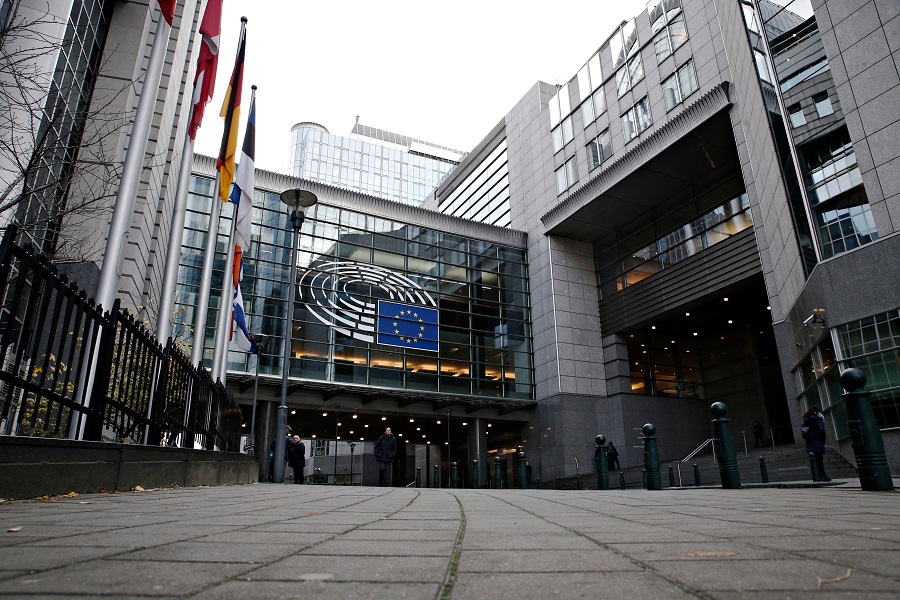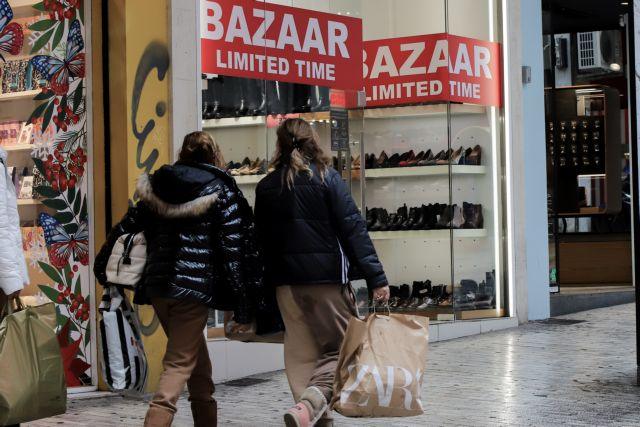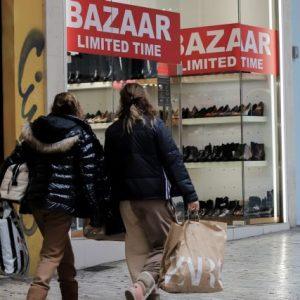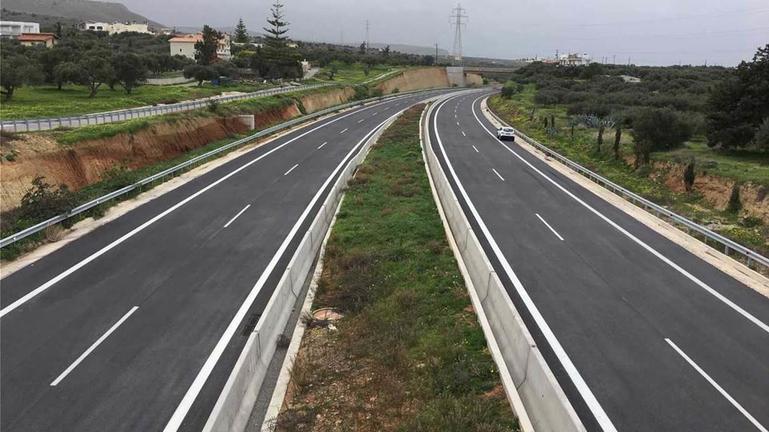The European Parliament on Thursday, adopted a set of requirements regarding the harmonized collection and sharing of short-term rental services (STRs) with 493 votes in favor, 14 against, and 33 abstentions.
This rule is focused on the protection of consumers from deceitful short-term rental offers by promoting transparency and a responsible platform economy in the EU.
The new regulation is particularly important for Greece, as Athens recorded a 20% increase in available accommodations compared to 2022, according to data from the international short-term rental analysis company AirDNA. The analysis said the occupancy levels in Athens’s short-term rentals were steady and revenues per available unit witnessed a 15% increase.
In Europe, the market for short-term rentals, such as Airbnb, also exhibited remarkable performance in 2023, with a demand increase surpassing 20% compared to pre-pandemic levels in 2019. According to AirDNA, Norway led the ranking with a year-on-year increase of 34.2%, followed by Poland with 24.6%, and the Czech Republic with 23.6%.
Simple registration procedure
The regulation provides that online short-term rental platforms should comply with obligations regarding registration procedures and data sharing for the properties they list that are located in areas where a registration process exists. A simple online registration procedure will allow the relevant authorities to identify the host and their unit, and verify their information.
Safer rental services for travelers
Online platforms will also have to ensure that hosts provide accurate and thorough information and that the registration number is clearly visible on the corresponding listing.
It will also be mandatory for online platforms hosting accommodation providers to make reasonable efforts to conduct random information checks. The competent authorities can suspend registration numbers, ask platforms to remove illegal listings or impose penalties on non-compliant platforms or hosts.
Exchange of data
EU member states will set up a single digital entry point to receive data from platforms about host activity every month (e.g. number of nights the unit was rented out, number of guests, specific address, registration number, URL of the listing). Gathering this data will allow authorities to monitor compliance with host registration processes, and enable national authorities to implement suitable policies in the short-term accommodation rental sector.
Once the Council adopts the text, it will be published in the EU Official Journal, after which the regulation will become applicable in 24 months.
Background
The volume of short-term accommodation rental services has increased significantly with the expansion of online platforms such as Airbnb, Booking, Expedia, and TripAdvisor. This type of accommodation comprises about one-quarter of total tourist accommodation in the EU. While such rentals create benefits for hosts, tourists and many regions, some researchers argue that the lack of appropriate rules also contributes to problems like higher housing prices, the displacement of permanent residents, over-tourism, and unfair competition.
The rules aim to reveal the actual impact of short-term rental services in the property market, enabling local authorities to develop appropriate policies.
Source: tovima.com





































